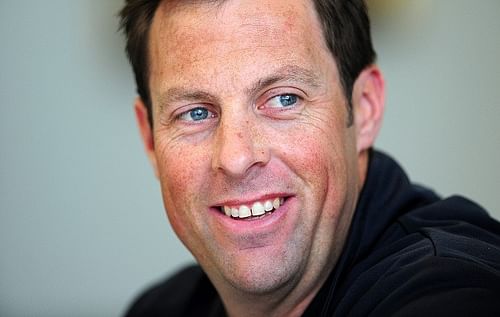
8 sportspersons who dealt with mental illness
Not as obviously visible as physical injury, mental illness is as crippling to an athlete (or anybody else) if not more. Mental illness can range from depression to bipolar disorder, from self-harm and anxiety to anything on a broad spectrum. Several athletes have dealt with these issues, which significantly affect their game and progress. There is a significant stigma still attached to mental illness in this day and age, so several of these athletes choose to fight their battles in private as they undergo treatment. American tennis player Mardy Fish has just played the final Masters tournament of his career, retiring after openly talking about an anxiety disorder that has seriously affected his ability to play.While some have, or continue to effectively manage their mental illness, some were not as successful. We profile 8 athletes who have openly dealt with serious, severe mental illness.
#1 Marcus Trescothick

The English cricketer, who retired in 2006, was always viewed as a confident, self-assured player. Considered one of the finest batsmen of his generation, Trescothick peaked early. In his early 20s, he was already considered one of English cricket’s biggest hopes.
He holds the record for the most ODI centuries of any English player, and for the fastest half-century in English T20 cricket.
During the English team’s tour of India in 2006, Trescothick abruptly returned home, saying that he had contracted a virus and would be unable to play. While he later returned to Test cricket, it was revealed this ‘virus’ had in fact been him attempting to deal with his depression.
Trescothick later admitted in an interview to The Telegraph that he had been battling the illness during his career, often taking pills to fall asleep as cricket distracted him during the day.
His depression forced him to retire from international cricket aged 32, after 76 Test matches, but he describes himself as “one of the lucky ones” in that he has a strong family and marriage.
He is on medication, he says. He haas seen counsellors and talks openly about the illness that he believes has been with him since he was a schoolboy. “The depression’s not over. I’m not 'cured’. I have good days and bad days, but when the bad days come, I feel them coming and I know how to act.” he told The Telegraph.
Trescothick went on to write a book about his troubles, and now manages his illness effectively.